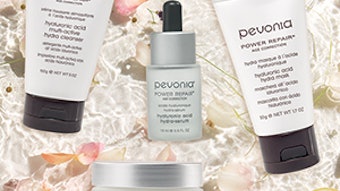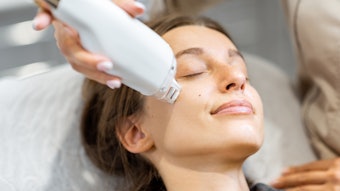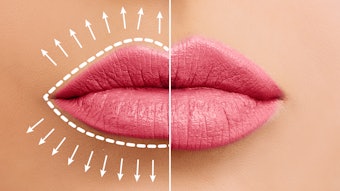
Because the majority of spa clients are women, it is important to keep up-to-date on the issues that affect them. The controversy about the new breast cancer screening guidelines is a common concern among women, so staying informed about the topic will help you provide good guidance for them.
Updated breast cancer screening guidelines from the United States Preventive Services Task Force have sparked a debate about how best to use the special breast x-rays known as mammograms. The debate is likely to continue as more information comes in, technologies change, and practices are reviewed. For now, there are several things women can do to help determine what's best for them, reports the February 2010 issue of Harvard Women’s Health Watch.
An expert panel re-examined the evidence on the effectiveness of breast cancer screening in women ages 40 and older who are at average risk for developing breast cancer. It concluded that mammograms, clinical breast exams and breast self-exams should be scaled back. The most controversial recommendations were to delay starting routine mammograms from age 40 to age 50, and to check women in their 50s and 60s only once every two years, rather than every year.
Breast cancer and imaging experts have weighed in for and against the revised guidelines. Advocates welcome a more cost-effective approach to screening and emphasize the potential to reduce unnecessary biopsies and psychological stress. Opponents point to a falling breast cancer death rate that’s due, in part, to women having annual mammograms. Others worry that increasing the interval between mammograms will cause some women to skip the test altogether.
While the debate continues, this is what Celeste Robb-Nicholson, MD, editor in chief of Harvard Women’s Health Watch, is telling her patients:
- Know your own risks and work with your physician to develop a screening strategy that’s right for you; physicians are not obliged to discontinue or cut back on screening.
- Women in their 40s are not prohibited from having mammograms. Each woman should make an informed decision based on her preferences and medical history.
- Women in their 70s should talk to a clinician about checking for breast cancer, taking into account the benefits and harms of the tests and their personal health situations.
- Breast self-examination is still a good idea; a woman who is familiar with the shape and feel of her breasts is more likely to notice any suspicious changes.










